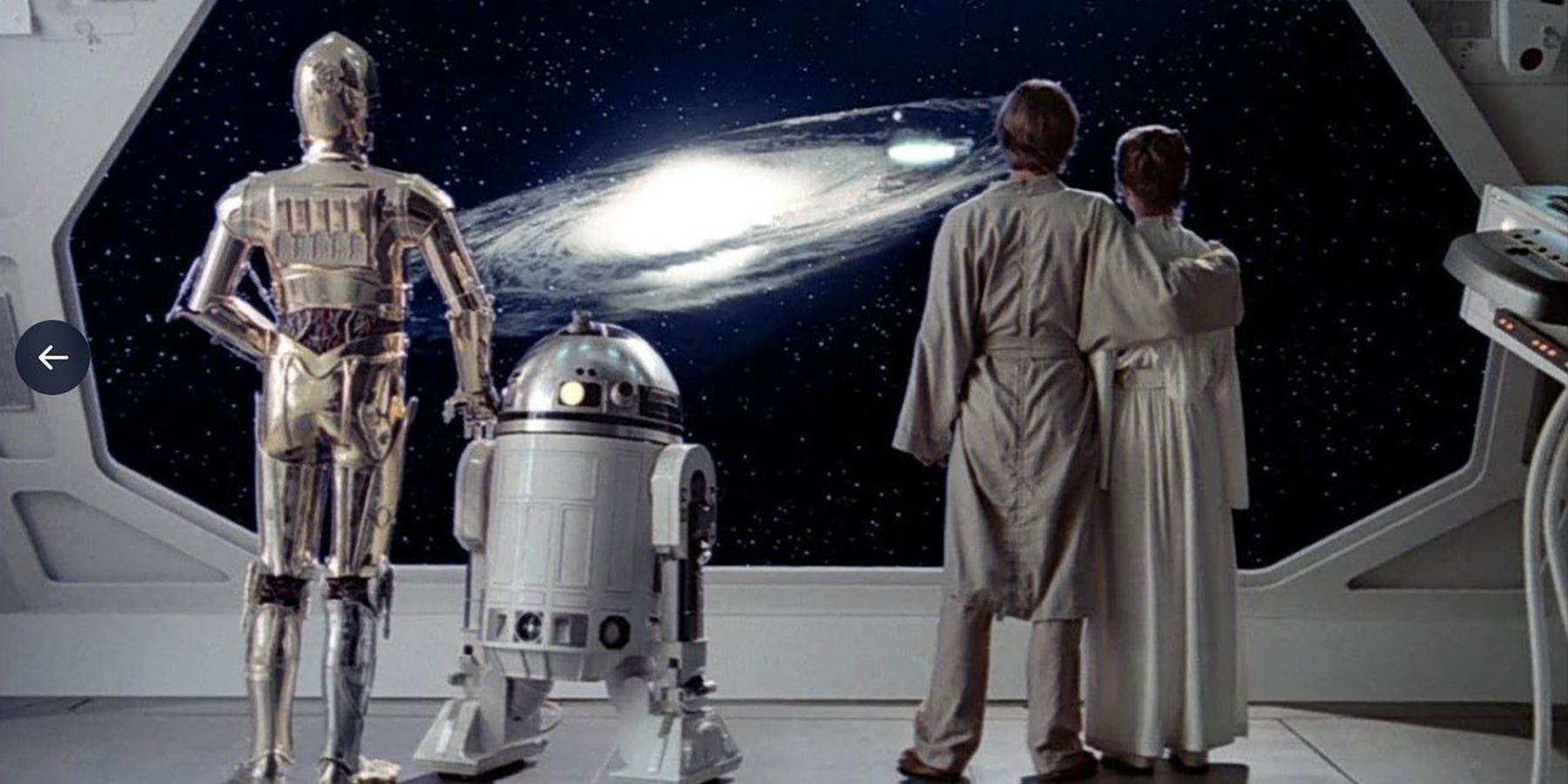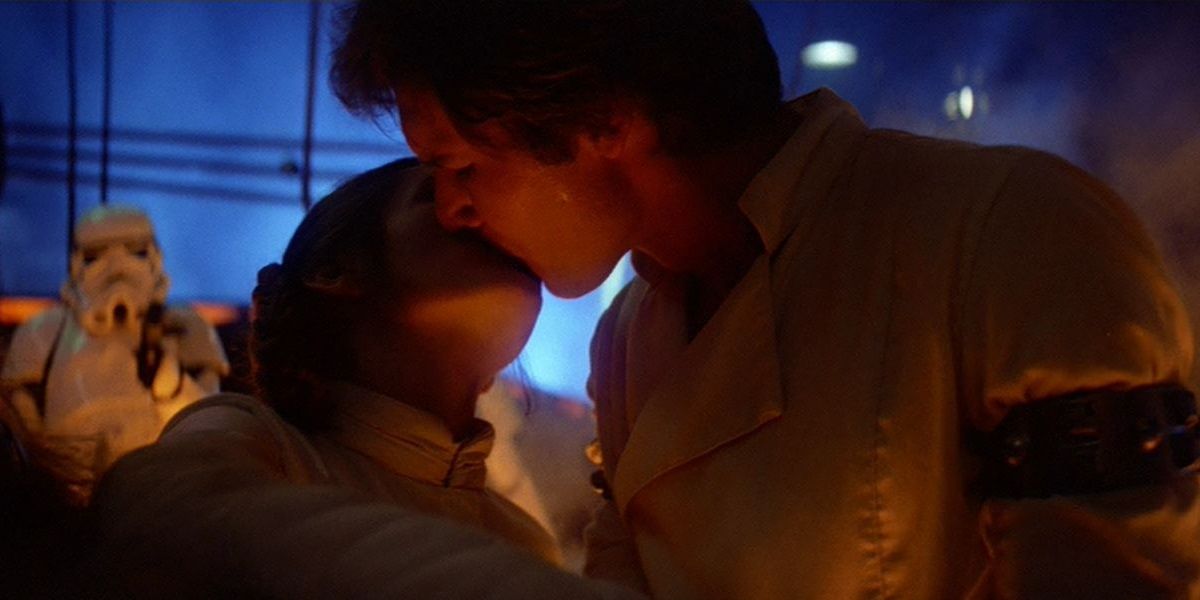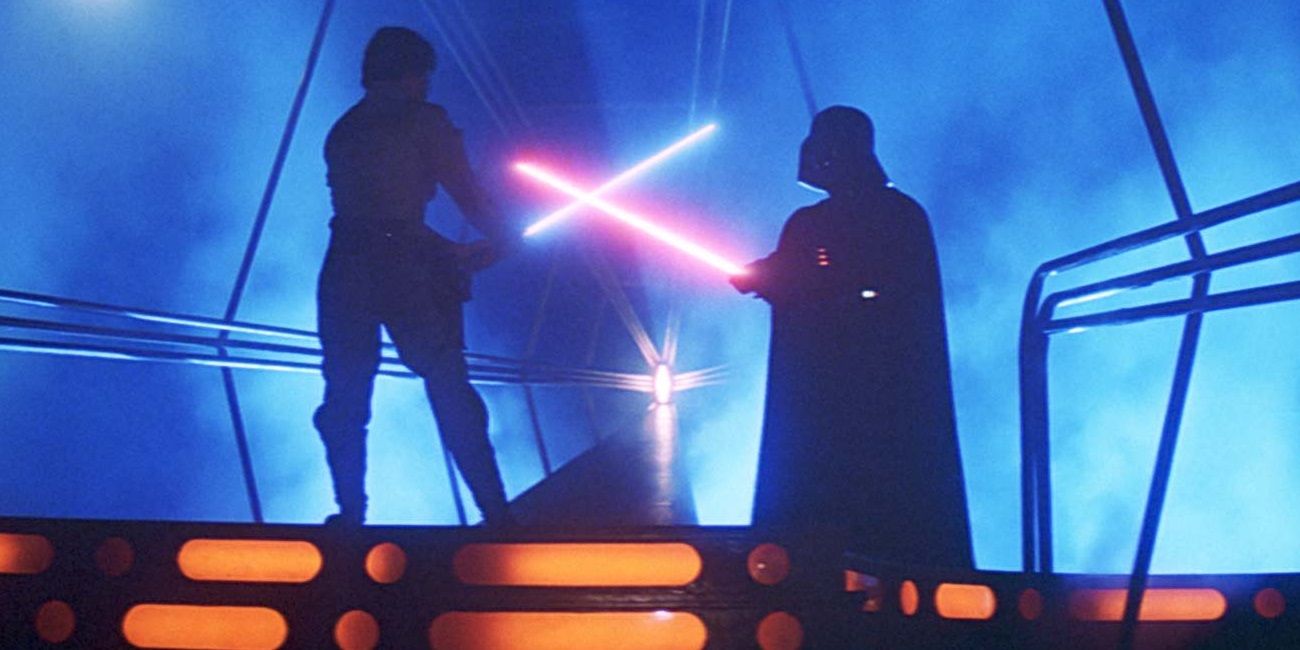A "hot take" is an opinion that is new or groundbreaking in a way that many people are unlikely to agree with. Describing Star Wars: The Empire Strikes Back as a landmark of the science and fantasy genres and one of the most beloved films of all time is an ice-cold, sub-zero take, but it's true nonetheless.
It has been 42 calendar years since the May 21, 1980 release of George Lucas' second film in the Star Wars franchise. It has been 25 years since the February 21, 1997 Special Edition re-release hit the theater. In that ocean of time, the franchise has grown and changed in ways that audiences, fans, and the filmmakers themselves never could've imagined. And yet, none of the ten films or countless series released since its initial run have managed to fully recapture that film's success.
The year is 1980. Star Wars, without a subtitle as it was known at the time, is the biggest film in the world, and the sequel had it all to lose. The first Star Wars dropped only two years after Steven Spielberg's Jaws broke and created what moviegoers now know as the summer blockbuster. Star Wars took that idea and ran with it, creating a film so instantly popular that franchise media as they would've known it would never recover. With a lot of big films, people have a habit of boiling down the inherently collaborative process of filmmaking down to a single big name. George Lucas is that big name, but as writer and director of the first film, A New Hope is primarily his baby. Empire very much is not, however. While the story of each of the first six Star Wars films came directly from Lucas, Empire's script and directorial efforts were helmed by very different creators.
If asked who directed Empire, most random viewers or even casual Star Wars fans might say George Lucas, but they'd be wrong. Empire was directed by Irvin Kershner, who would've been seen as one of the least likely figures in Hollywood for the job. Lucas, loathe to take the directors' chair again with the increased budget and expectations, reportedly interviewed over 100 directors before settling on his replacement. Lucas knew Kershner as a respected filmmaking professor at USC, but Kershner was reticent to take over. Empire was the first blockbuster of Kershner's career, before 1980, he had crafted a slew of off-kilter dramas and comedies like Eyes of Laura Mars, A Fine Madness, and the award-winning TV movie Raid on Entebbe. Lucas' biggest concern was character development, and Kershner was eventually moved by the chance to keep the "fairy tale" story alive. This fun back and forth to get a director attached was book-ended with difficulties in scripting the film.
The first draft of Empire was penned by sci-fi author Leigh Brackett. Though unfairly lesser-known today, Brackett was popularly known as the "Queen of Space Operas" for her catalog of novels and short stories. Elements of her take on the sequel to Star Wars made it to the screen, but much of it didn't. Brackett tragically died of cancer in 1978, only a few weeks after sending in her first draft. On a tight deadline and with nowhere else to turn, Lucas jumped in to make rewrites. His version took into account his plans for a trilogy and excised elements of Brackett's. Lawrence Kasdan, late of Raiders of the Lost Ark, was brought in for the third draft. It would be terribly interesting to see something closer to Brackett's take, but the version fans got is the one that revolutionized sci-fi to this day.
It's hardly worth going into detail about what makes The Empire Strikes Back a good film. It's been laid out, argued for and against, and restated again and again. The set design is among the most impressive achievements in modern filmmaking. Kershner's very personal filmmaking style, constantly filling the frame with the actor's face, gives the feeling of a deeply emotional experience. Kasdan's script flows with the easy confidence of a pro, comfortably interwoven with some of Brackett's heady sci-fi concepts and Lucas' iconic story structure. Then new characters Lando (Billy Dee Williams) and Yoda (puppeteered and voiced by Frank Oz) remain in the high echelon of cinema's most beloved characters. The third act twist is consistently seen as one of the most impressive reveals in any story. The tone walks a long and incredible line, from the highest highs to the lowest lows. It's a masterpiece and everyone already knows why.
It's hard to believe Star Wars will ever recapture what it had back in 1980. It's just a radically different project. Empire is great in a way that could've only been achieved by wrangling diverse and strange figures from different corners of the creative arts, all excited to add their vision to a larger story. George Lucas, Irvin Kershner, Leigh Brackett, Lawrence Kasdan, Ralph McQuarrie, Rick Baker, John Williams, and every creator was key to this experience. Every special effects pro, every star on screen, every editor behind the camera. Empire is great because of the way it was made, and since Star Wars can't recapture that glory, it's up to new and interesting filmmakers to find their muse and make a film with the same impact.



